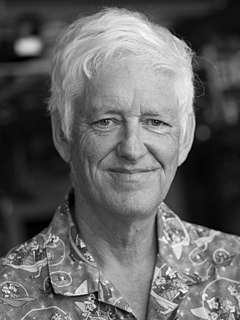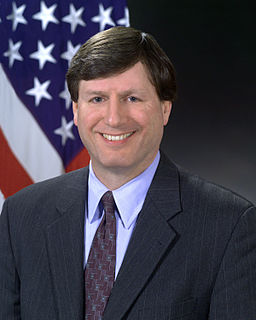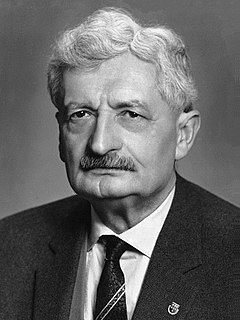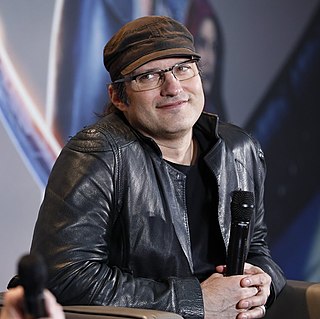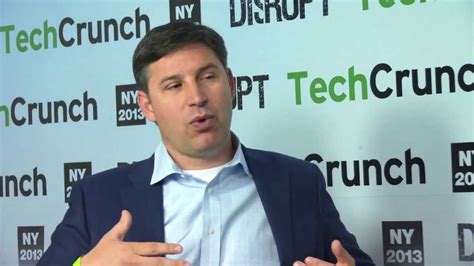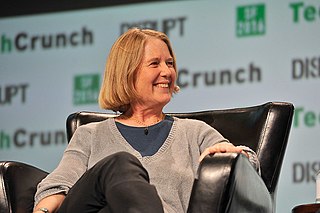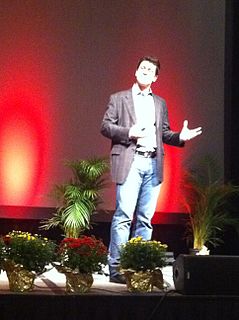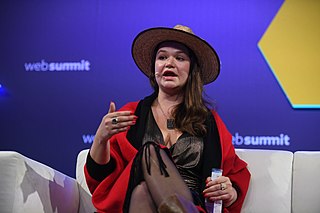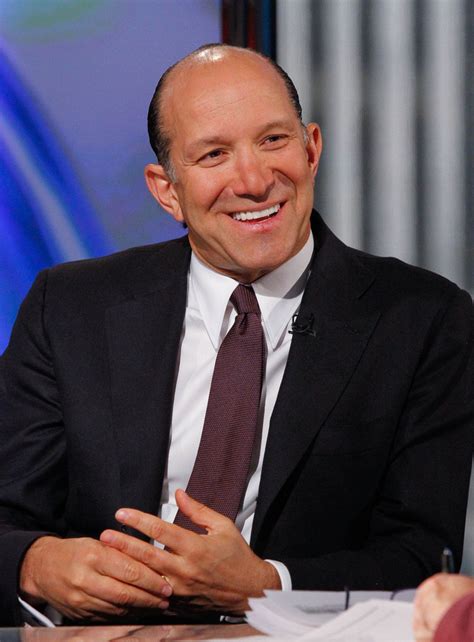Top 1200 Data Centers Quotes & Sayings - Page 3
Explore popular Data Centers quotes.
Last updated on November 23, 2024.
Disruptive technology is a theory. It says this will happen and this is why; it's a statement of cause and effect. In our teaching we have so exalted the virtues of data-driven decision making that in many ways we condemn managers only to be able to take action after the data is clear and the game is over. In many ways a good theory is more accurate than data. It allows you to see into the future more clearly.
Every day, I absorb countless data bits through emails, phone calls, and articles; process the data; and transmit back new bits through more emails, phone calls, and articles. I don't really know where I fit into the great scheme of things and how my bits of data connect with the bits produced by billions of other humans and computers.
Since I hold no judgments against my characters, no matter how heinous they might seem, I present them as real people with their own moral centers. We might feel those moral centers are mis-calibrated, but they are there and are the rudders that propel them. This makes reading my work a visceral roller coaster, 'cause the reader must embark on the journey of the protagonist equipped only with his or her own moral center.
It is my thesis that flying saucers are real and that they are space ships from another solar system. I think that they possibly are manned by intelligent observers who are members of a race that may have been investigating our Earth for centuries. I think that they possibly have been sent out to conduct systematic, long-range investigations, first of men, animals, vegetation, and more recently of atomic centers, armaments an centers of armament production.
Let's look at lending, where they're using big data for the credit side. And it's just credit data enhanced, by the way, which we do, too. It's nothing mystical. But they're very good at reducing the pain points. They can underwrite it quicker using - I'm just going to call it big data, for lack of a better term: "Why does it take two weeks? Why can't you do it in 15 minutes?"
We face two overlapping challenges. The first concerns real-time court-ordered interception of what we call 'data in motion,' such as phone calls, e-mail, and live chat sessions. The second challenge concerns court-ordered access to data stored on our devices, such as e-mail, text messages, photos, and videos - or what we call 'data at rest.'



